My acceptance speech for the Diversity and Inclusion in Academia Award
Published in Ecology & Evolution
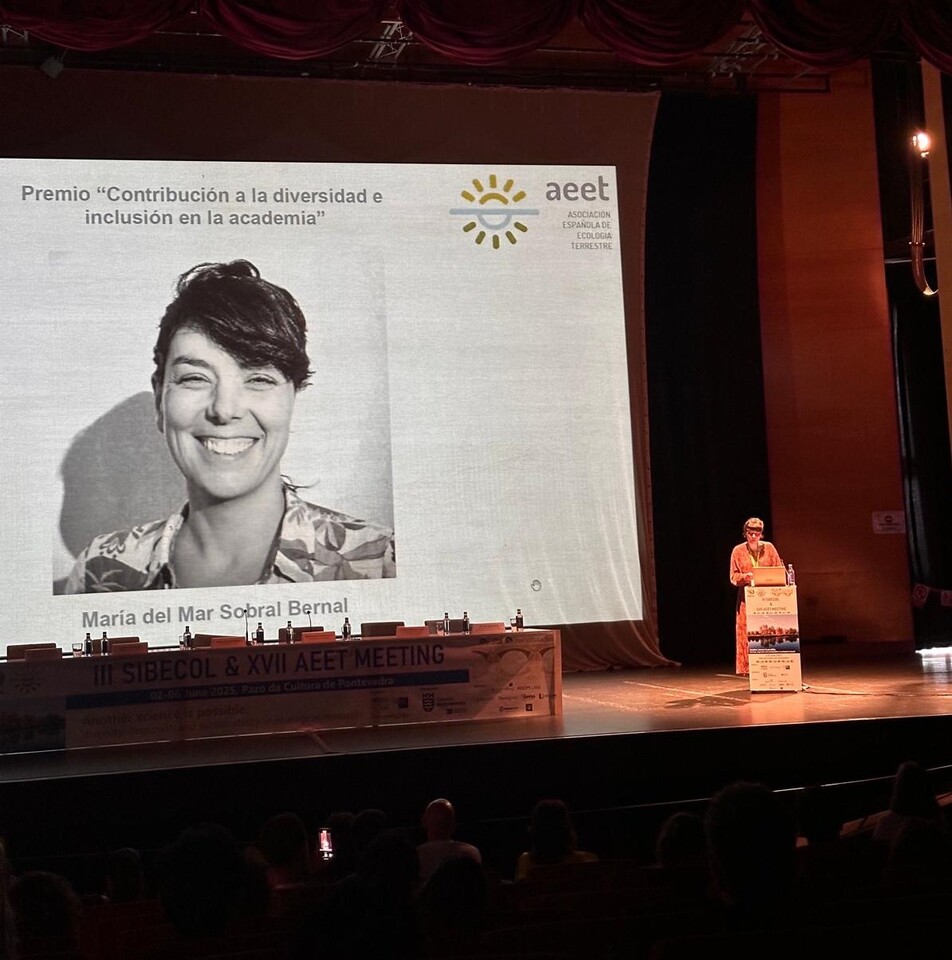
Diversity in academia cannot be reduced to inclusion within existing frameworks. It demands a transformation of those frameworks themselves. A system that defines excellence through competition and detachment cannot serve a world in social, ecological, and intellectual crisis.
Knowledge is never neutral. True diversity means opening space for other ways of knowing: collective, embodied, situated. It means valuing cooperation over competition, and regeneration over growth. Boundaries between science, life, and justice are not barriers—they are points of contact.
The ecological crisis is a mirror reflecting the violence embedded in our systems of knowledge. The current model of academic production—rooted in extraction, acceleration, and hierarchy—is part of the problem. The climate crisis, the care crisis, the crisis of inequality: they are all connected. And they all demand a deep shift in how knowledge is created and used.
A science that helps repair the world must be in touch with it. That means working slowly. Listening more. Building together. Celebrating diversity without changing the rules that marginalize difference is not transformation. It is assimilation.
Structural change means redistributing power, redefining merit, and reimagining what knowledge is for. Another kind of science isn’t just a dream—it already exists, growing at the edges. What we need now is the courage to bring it forward, to place it at the heart of how we think, teach, and act.
It’s time to **build it—together—**a future that isn’t just possible, but truly worth living in.

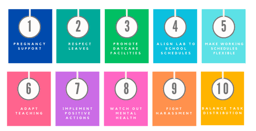
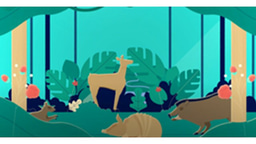
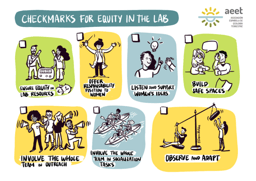
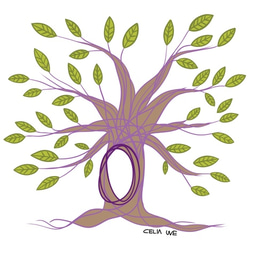
Please sign in or register for FREE
If you are a registered user on Research Communities by Springer Nature, please sign in